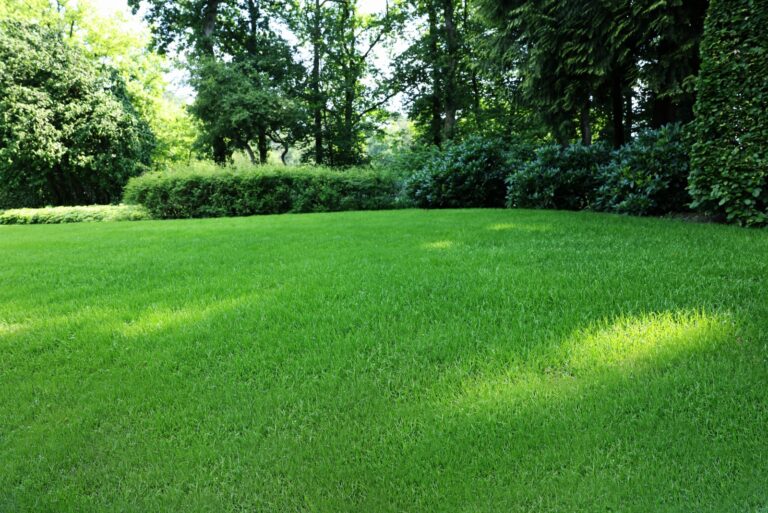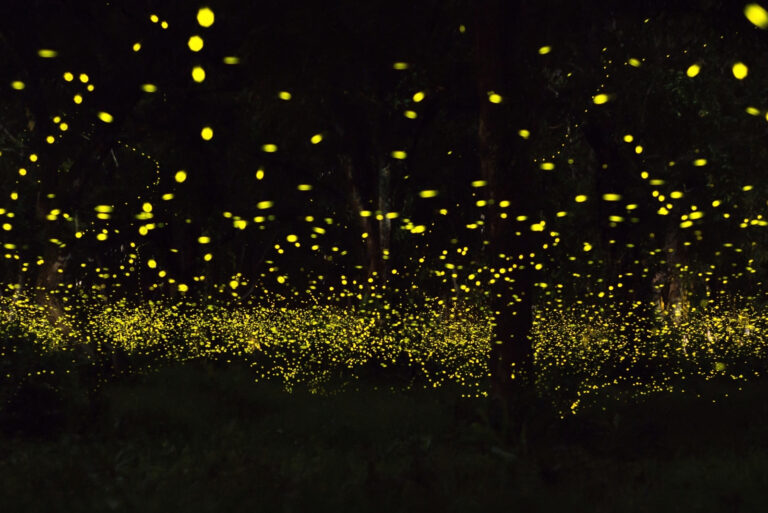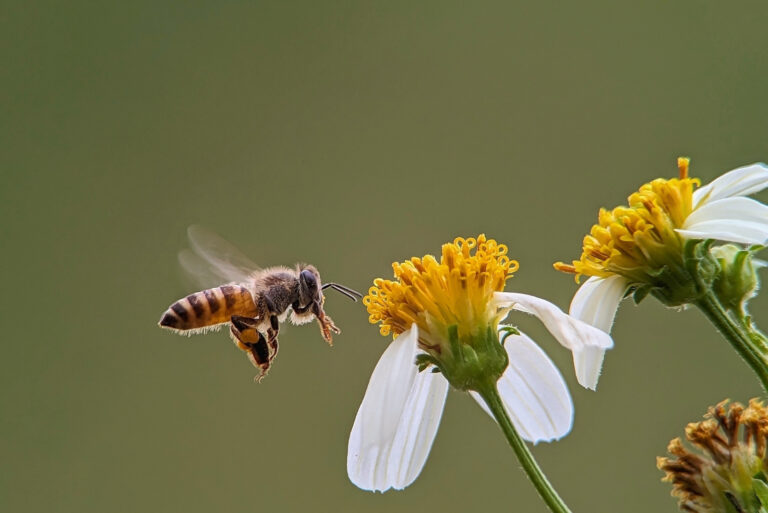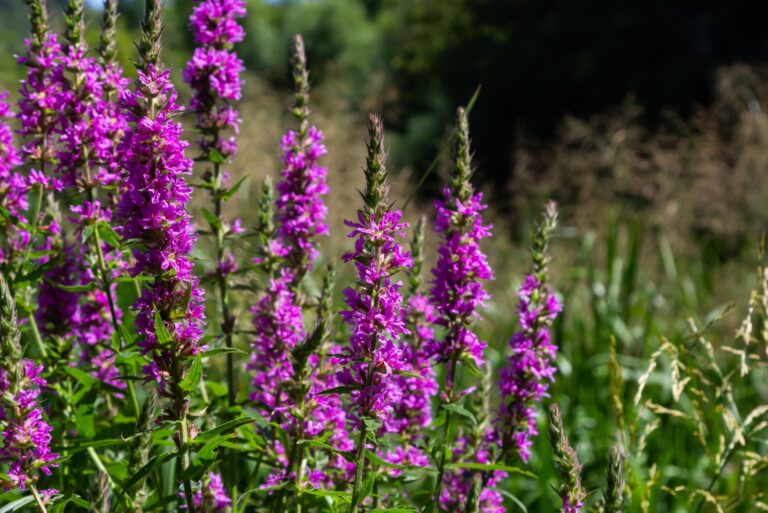These Garden Practices Could Get You Fined In Florida
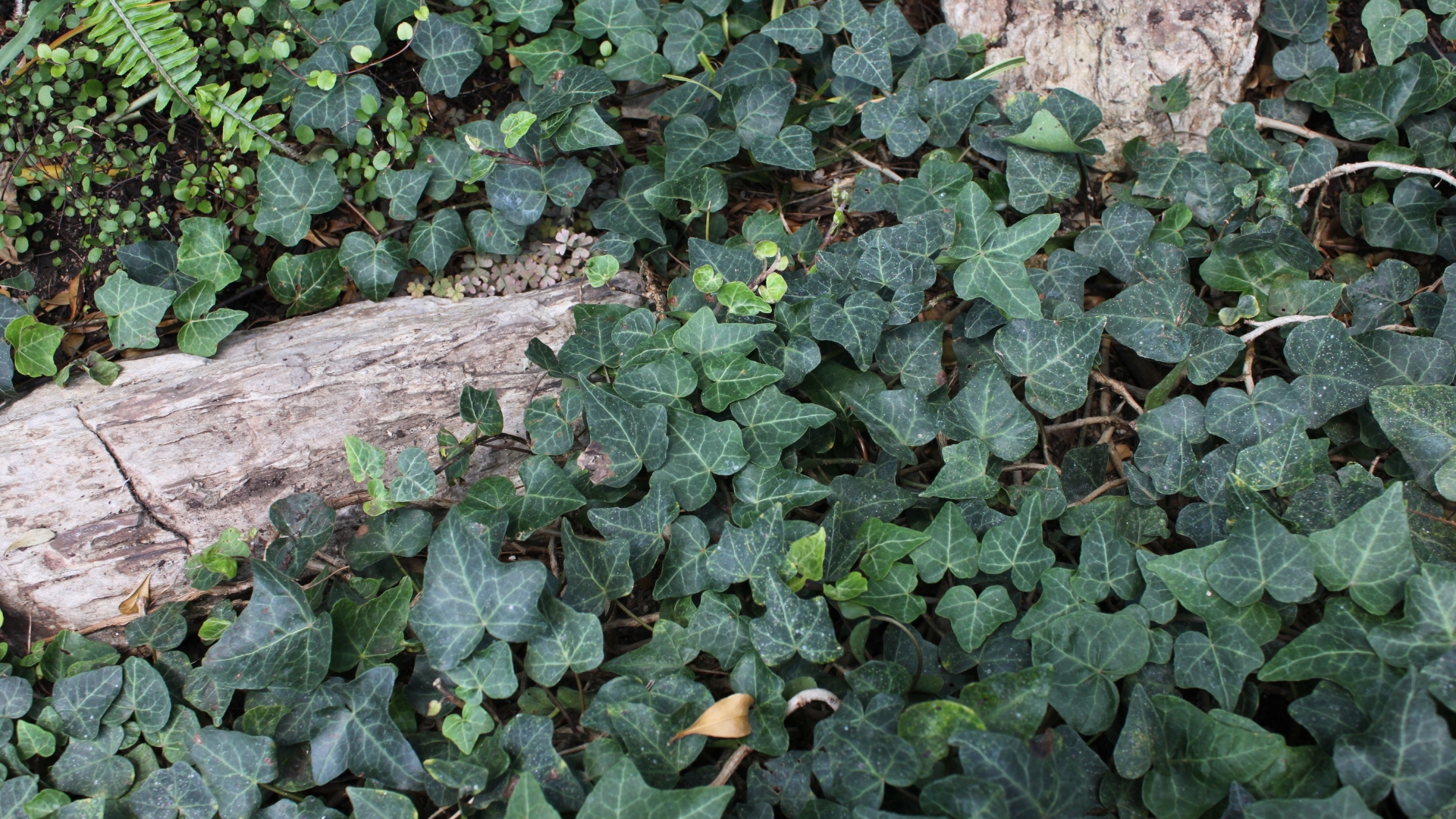
Gardening in Florida sounds like a dream—until you realize some habits can land you with a fine. I had no idea planting a certain flower near the sidewalk could be an issue until a neighbor gave me a heads-up.
From what you plant to how you water, Florida’s got some unexpected rules. It’s not about being fancy—it’s about not messing with local laws (or the HOA).
Let’s make sure your garden stays gorgeous and out of trouble.
1. Planting Invasive Species

Introducing certain non-native plants into your Florida garden can result in hefty fines. Brazilian pepper trees and melaleuca are specifically prohibited under state law because they aggressively overtake native habitats.
Florida’s ecosystem is particularly vulnerable to invasive species due to its warm, humid climate. Penalties can range from $500 to thousands of dollars, depending on the extent of the violation and whether you refuse to remove the problematic plants.
2. Improper Water Restrictions
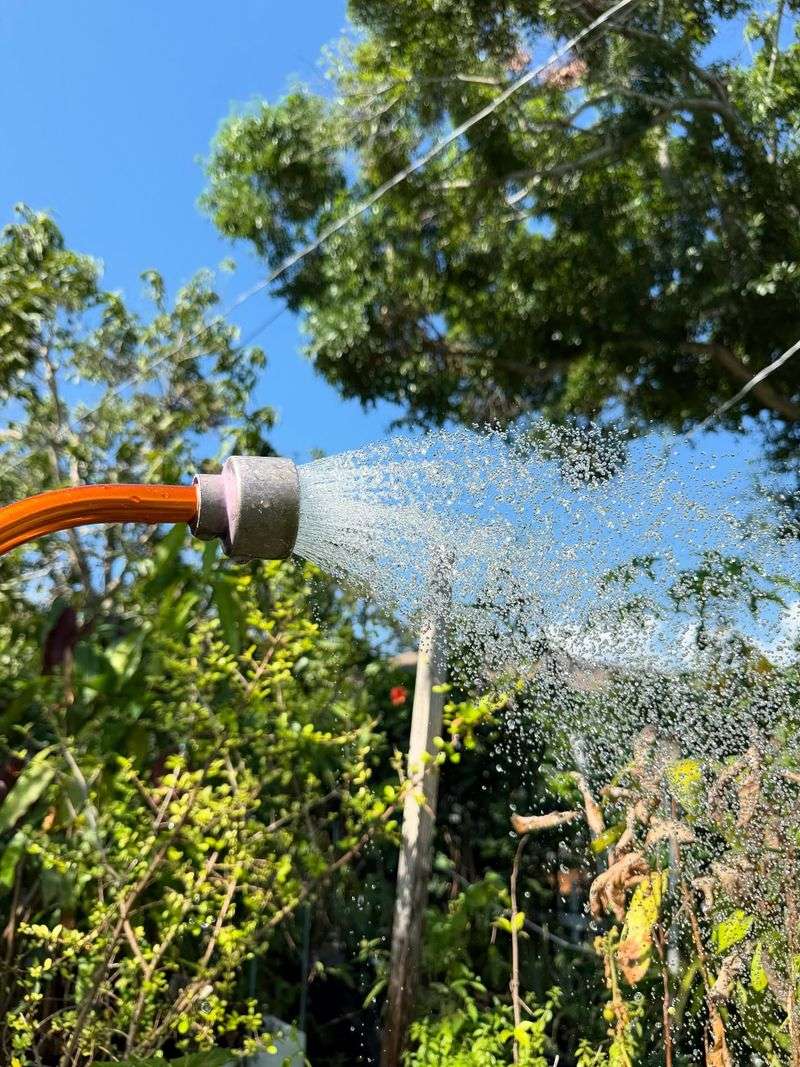
Watering your lawn outside designated days and times is strictly regulated throughout Florida counties. During drought conditions, restrictions become even more stringent, with some areas limiting irrigation to once per week.
First-time violators typically receive warnings, but repeat offenders face escalating fines starting at $100 and potentially reaching $500. Many Florida municipalities employ water restriction patrols that specifically look for compliance issues.
3. Fertilizer Misuse
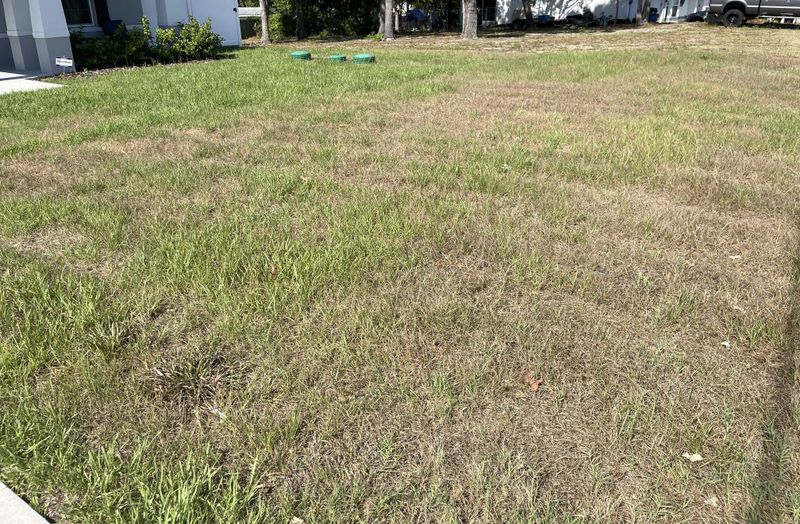
Applying fertilizers during Florida’s rainy season (typically June-September) is prohibited in many counties. These blackout periods exist because heavy rains wash nutrients into waterways, contributing to harmful algal blooms.
Code enforcement in the Sunshine State can issue citations ranging from $50 to $500 for fertilizer ordinance violations. Some Florida communities also ban fertilizers containing phosphorus entirely unless a soil test proves deficiency.
4. Excessive Tree Removal
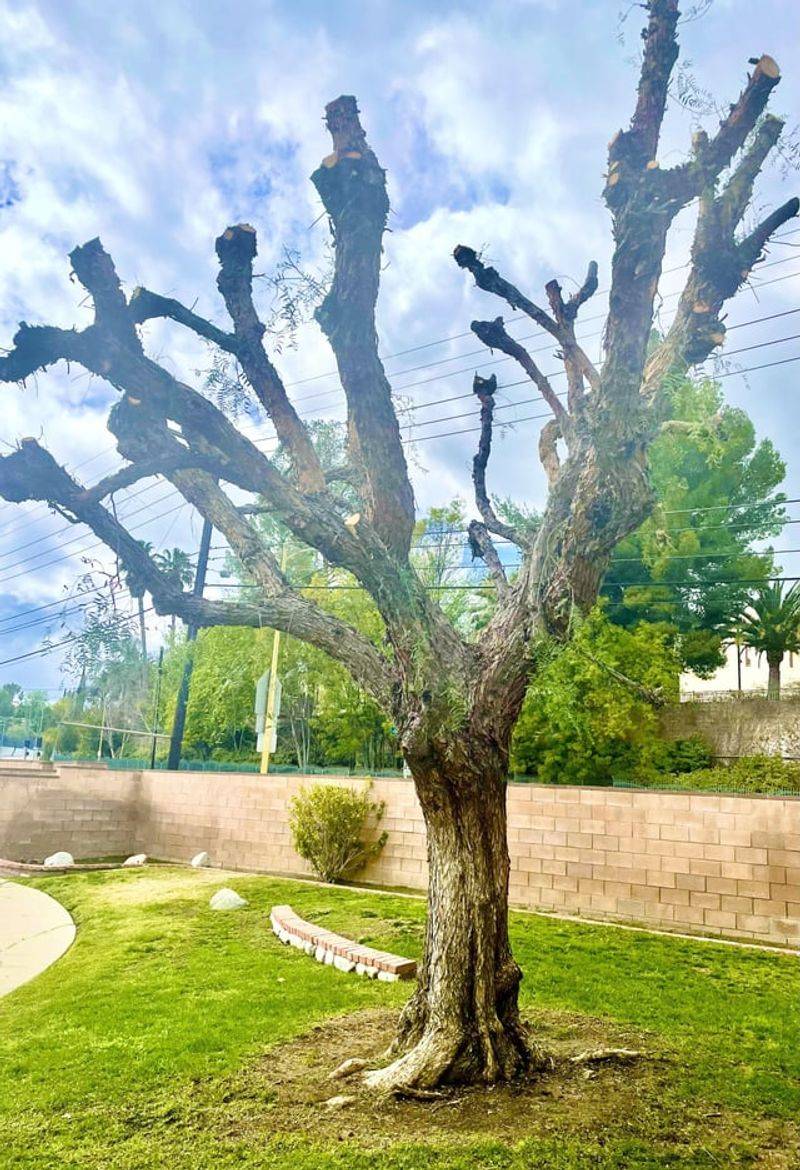
Cutting down trees without proper permits can trigger substantial penalties in Florida municipalities. Many cities require approval before removing trees over a certain diameter, especially native species like live oaks or cypress.
Fines for unauthorized tree removal in the Sunshine State can be shocking – sometimes calculated per inch of trunk diameter, potentially reaching tens of thousands of dollars. Some Florida counties even require replacement trees or mitigation payments.
5. Neglected Pool Maintenance
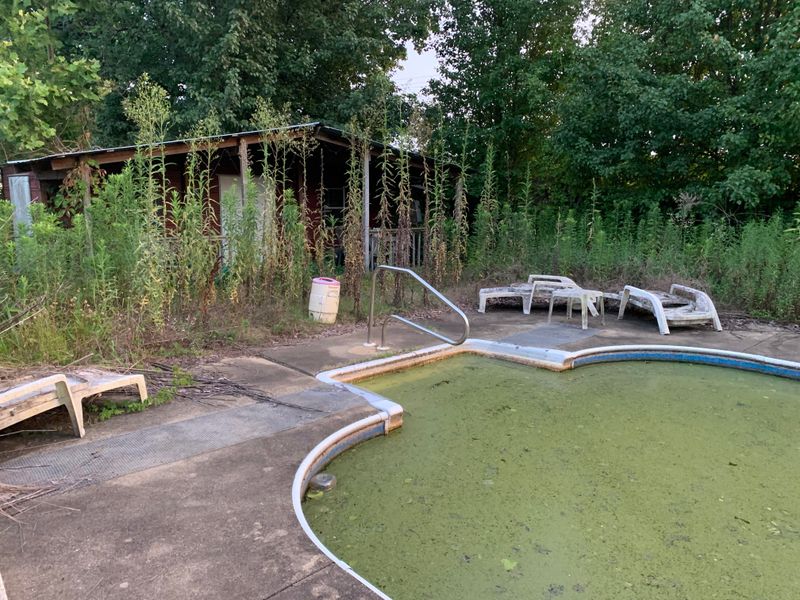
Abandoned or poorly maintained swimming pools create mosquito breeding grounds, resulting in public health violations. Green, stagnant water quickly becomes a neighborhood nuisance in Florida’s warm climate.
Health departments across the Sunshine State can issue fines starting at $200 for unmaintained pools. Florida’s year-round mosquito activity makes this especially problematic, with potential additional penalties if mosquito-borne disease outbreaks occur in your area.
6. Improper Compost Location
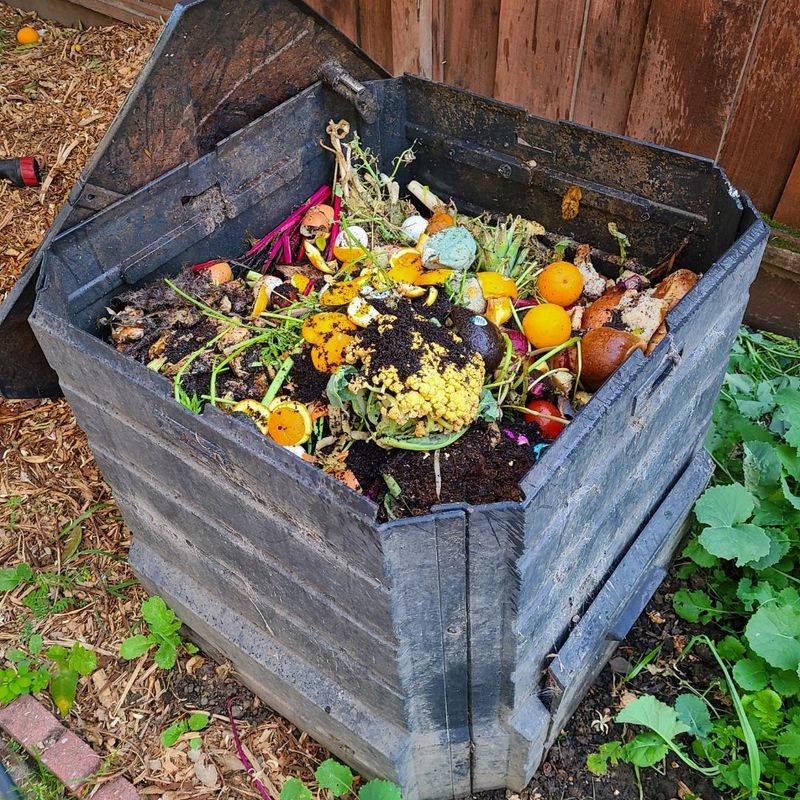
Placing compost bins too close to property lines or waterways violates ordinances in many Florida communities. Improper composting can create odor issues, attract wildlife, and potentially contaminate water sources.
Local code enforcement in the Sunshine State typically issues warnings first, followed by fines ranging from $50-$250 for non-compliance. Florida’s heat accelerates decomposition, making proper compost management especially important to avoid neighbor complaints.
7. Rain Barrel Violations
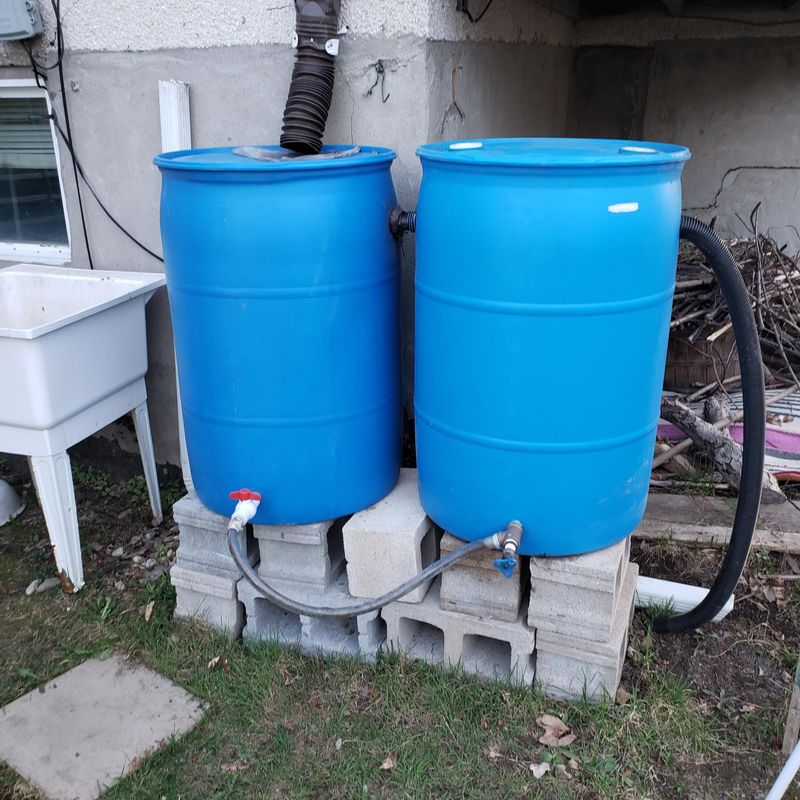
Installing rain collection systems without following specific guidelines can violate Florida building codes. Many HOAs have strict rules about barrel visibility, requiring them to be concealed or painted to match the home.
While Florida generally encourages water conservation, improper installations can result in fines of $100 or more. The Sunshine State also requires mosquito-proof screens on rain barrels since standing water quickly becomes a breeding ground in Florida’s humid climate.
8. Excessive Lawn Height
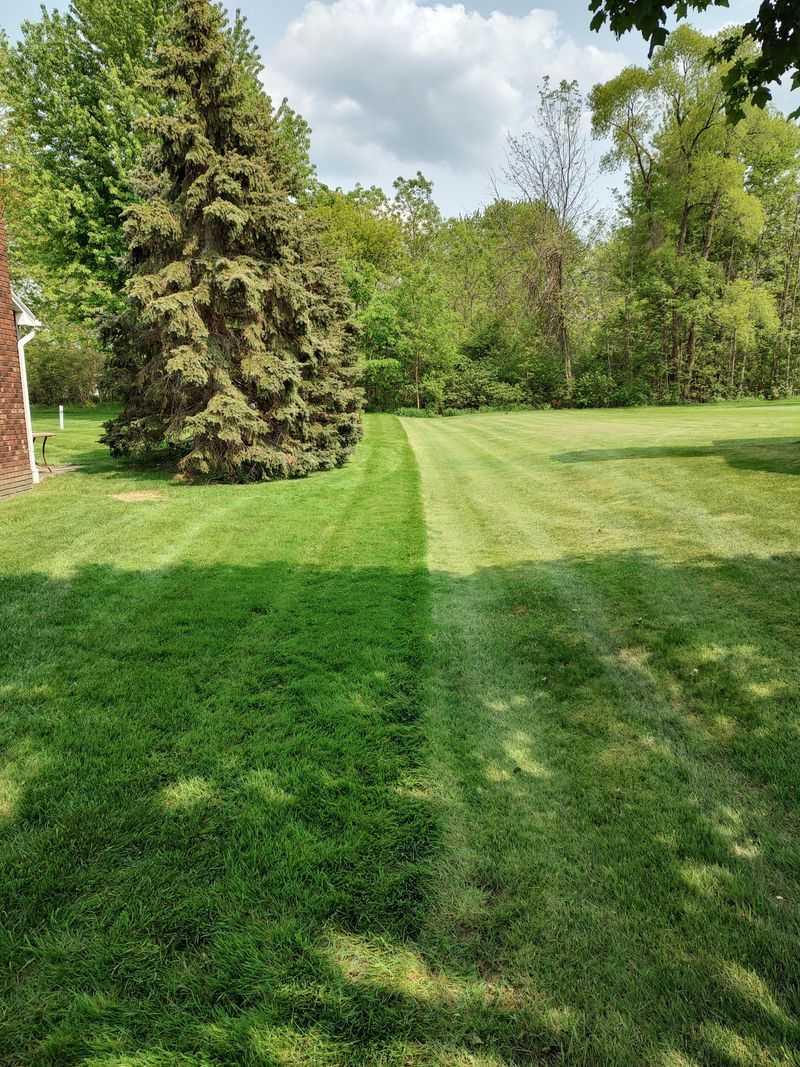
Allowing grass to grow beyond 10-12 inches violates municipal codes in most Florida communities. Overgrown lawns are considered not just unsightly but potential harbors for snakes, rodents, and other pests common in the Sunshine State.
After a warning, Florida code enforcement typically issues fines starting at $100 per day until compliance is achieved. In extreme cases, the city may mow the property and bill the homeowner, adding substantial fees to the original fine.
9. Unauthorized Vegetable Gardens

Growing vegetables in front yards was once prohibited in many Florida communities, though state law now protects this right. However, HOAs can still restrict garden locations, appearances, and types of structures used for growing.
Violations of HOA gardening rules in the Sunshine State can result in fines of $50-$100 per day. Florida gardeners should carefully review their community’s covenants before establishing vegetable plots, especially in planned developments.
10. Improper Fence Installation
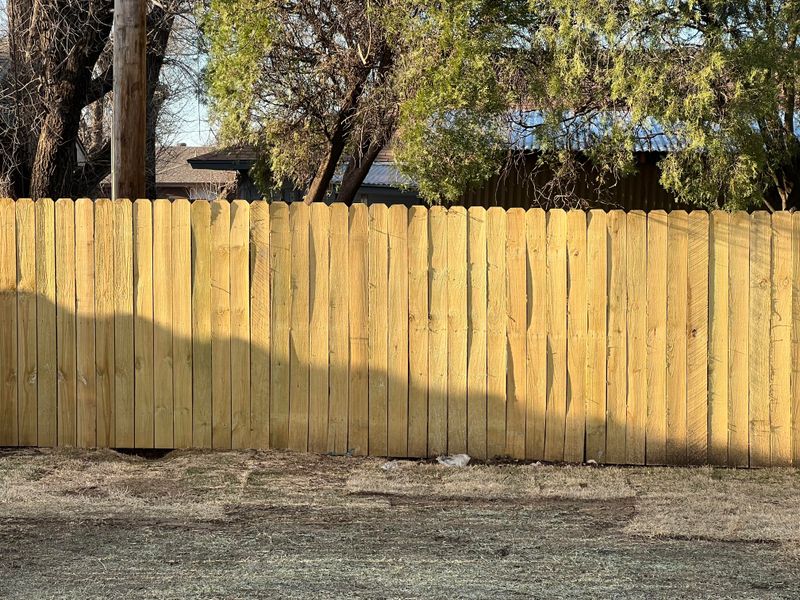
Erecting fences without permits or exceeding height limitations breaks ordinances across Florida municipalities. Many communities have specific requirements regarding fence materials, appearance, and setbacks from property lines.
Fines for unauthorized fencing in the Sunshine State typically start at $250 plus the cost of required permits. Florida’s coastal areas often have additional restrictions due to wind concerns, with special hurricane-resistant standards that must be followed.
11. Blocking Drainage Systems
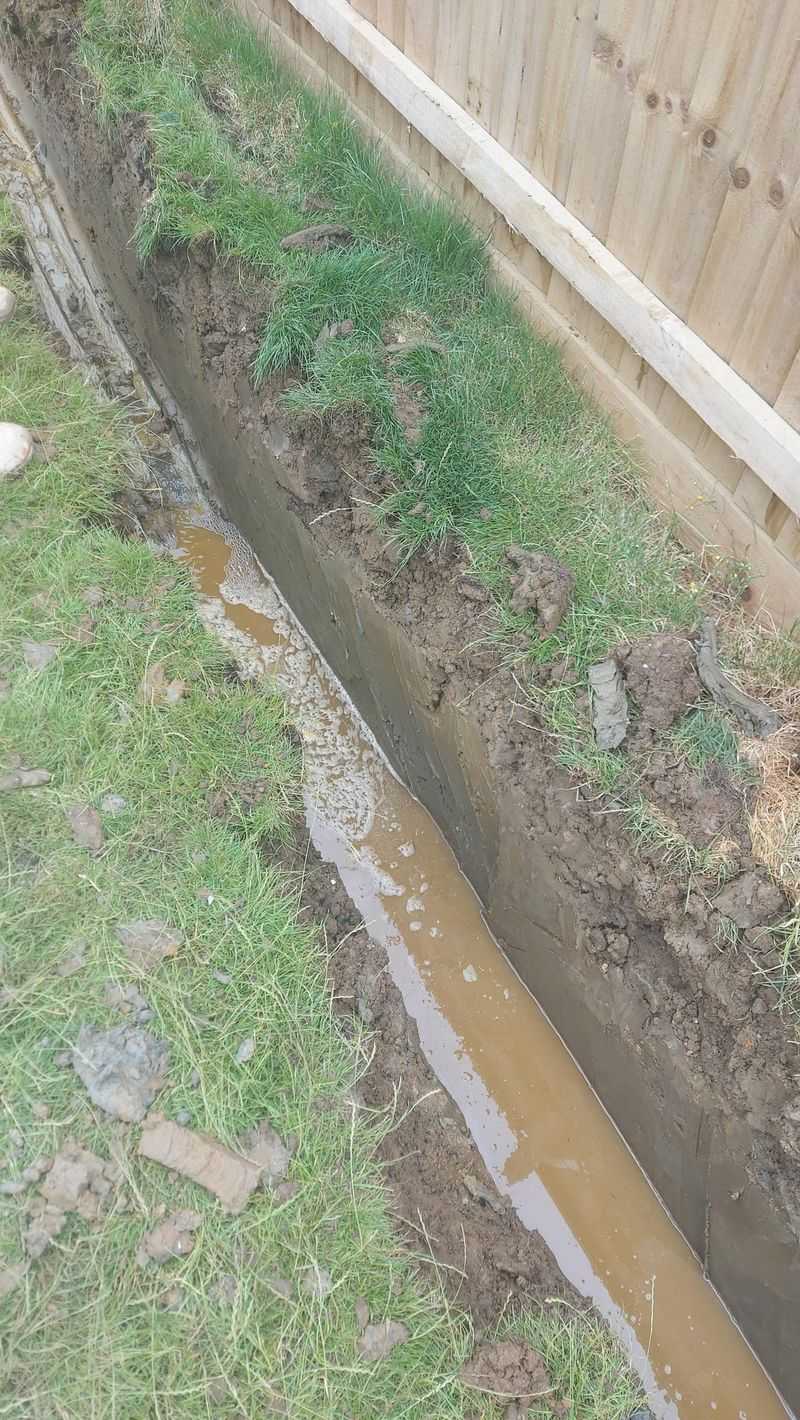
Landscaping that impedes stormwater flow creates flooding hazards and violates Florida water management regulations. Redirecting water onto neighboring properties or blocking swales with garden beds, mulch, or hardscaping is strictly prohibited.
Water management violations in the Sunshine State can trigger fines starting at $250. Florida’s frequent heavy rains make proper drainage crucial, and officials take these violations seriously, especially in flood-prone regions throughout the state.
12. Unauthorized Pesticide Application
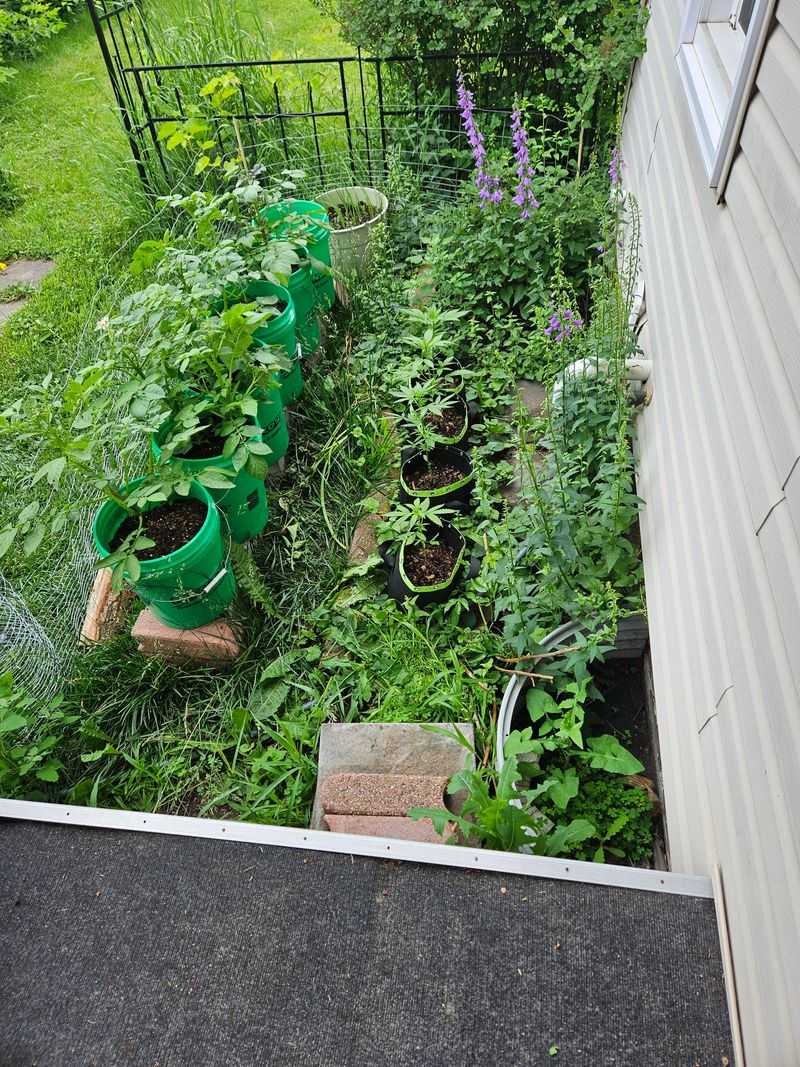
Using restricted pesticides without proper licensing is illegal throughout Florida. Misapplication can harm beneficial insects, contaminate water, and create health hazards for neighbors and pets.
The Florida Department of Agriculture can impose fines exceeding $1,000 for improper pesticide use. Given the Sunshine State’s delicate ecosystem and abundant waterways, authorities are particularly vigilant about enforcing these regulations to protect both wildlife and water quality.
13. Encroaching on Wetlands
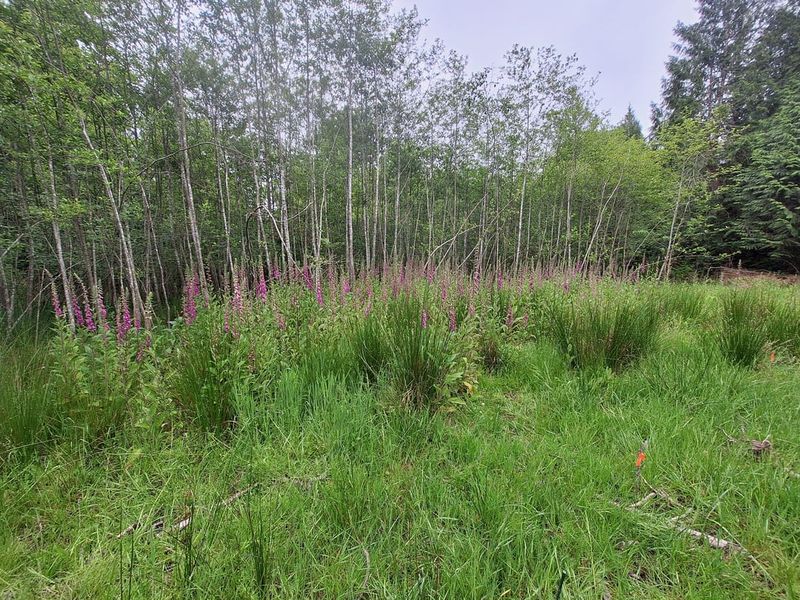
Extending gardens or landscaping into protected wetland areas carries severe penalties in Florida. Even small-scale clearing, filling, or planting in these sensitive ecosystems requires permits from multiple agencies.
Wetland violations in the Sunshine State can result in fines of thousands of dollars per day. Florida’s extensive wetland systems are heavily protected, and restoration requirements often accompany financial penalties, significantly increasing the total cost of violations.
14. Excessive Outdoor Lighting
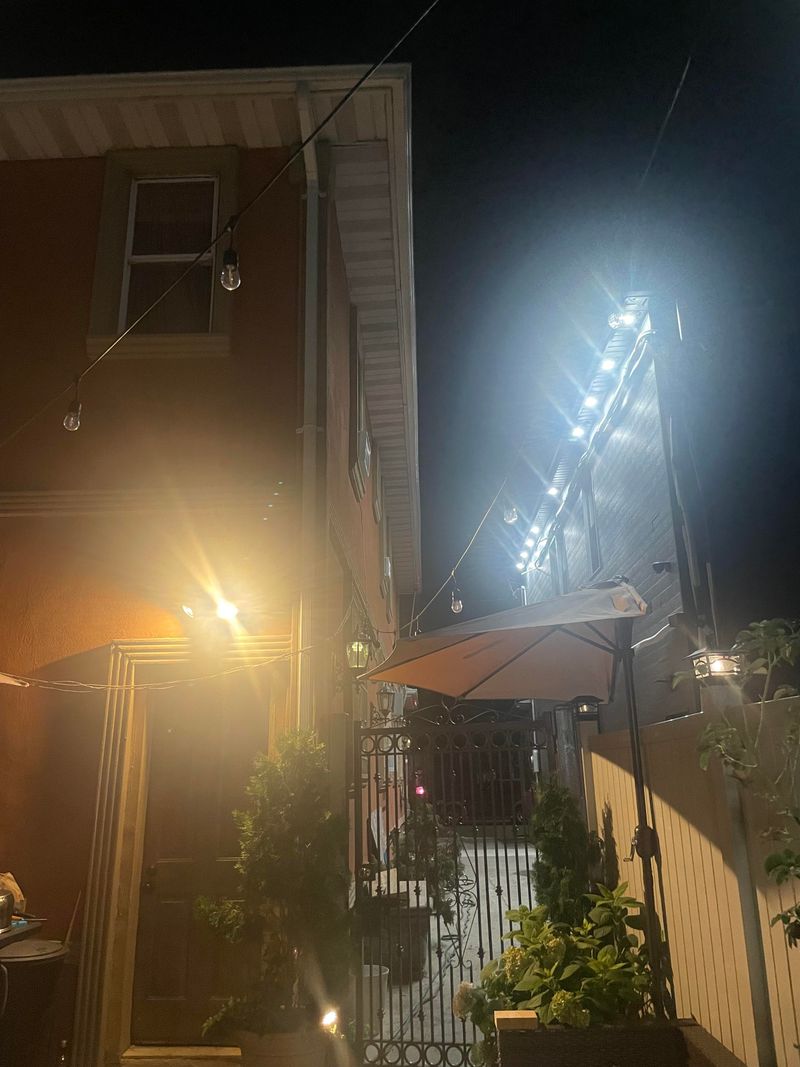
Installing bright landscape lighting that spills onto neighboring properties violates light pollution ordinances in many Florida communities. Coastal areas have additional restrictions protecting sea turtle nesting from artificial illumination.
Light trespass violations in the Sunshine State typically start with warnings followed by fines of $100-$500. Florida’s coastal counties enforce these rules strictly during turtle nesting season (May-October), with penalties escalating for repeat offenders.
15. Unauthorized Water Features
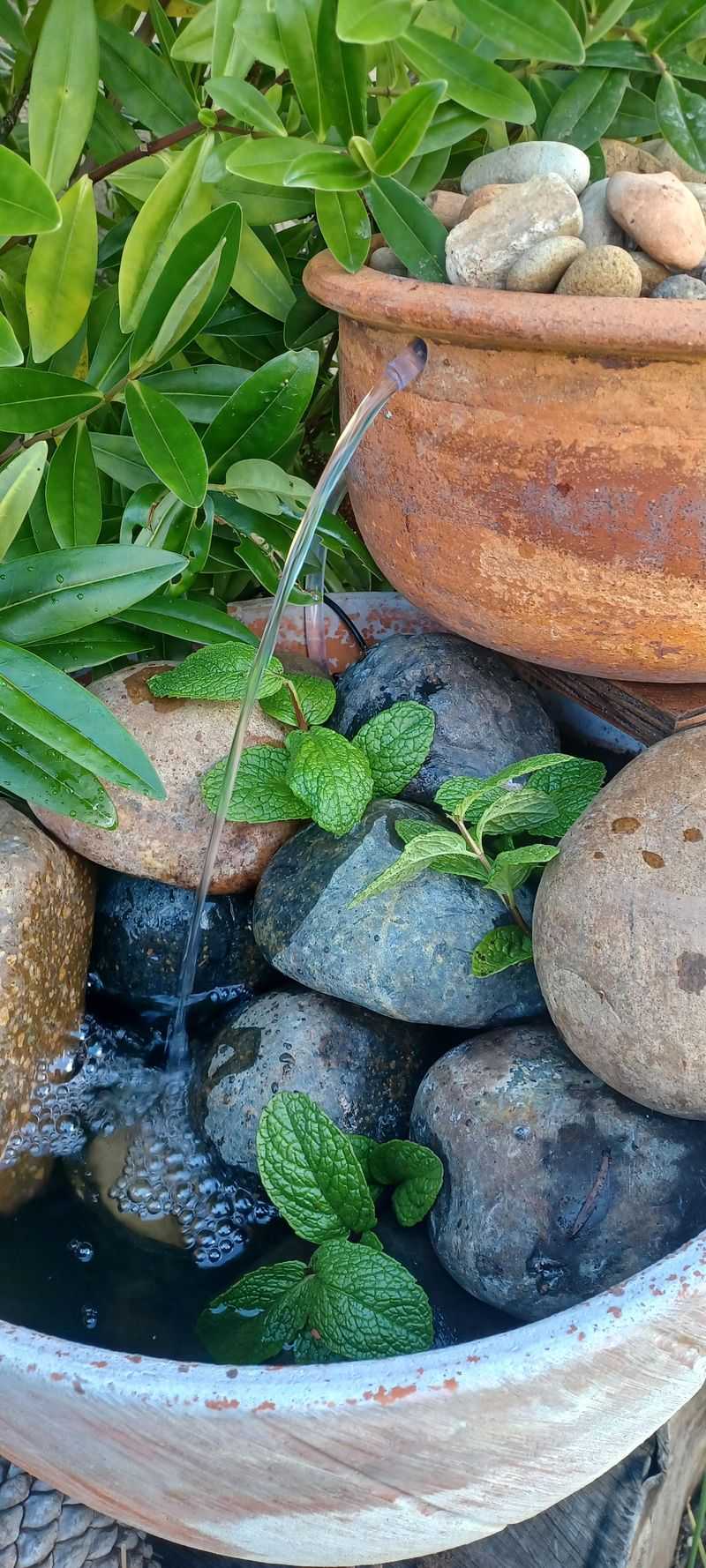
Building ponds or water features without proper permits violates building codes across Florida municipalities. Improperly constructed water elements can create mosquito problems, drainage issues, and safety hazards.
Unpermitted water features in the Sunshine State typically incur fines starting at $250. Florida’s high water table and frequent storms make proper engineering essential, with additional permits required if the feature connects to natural waterways.


